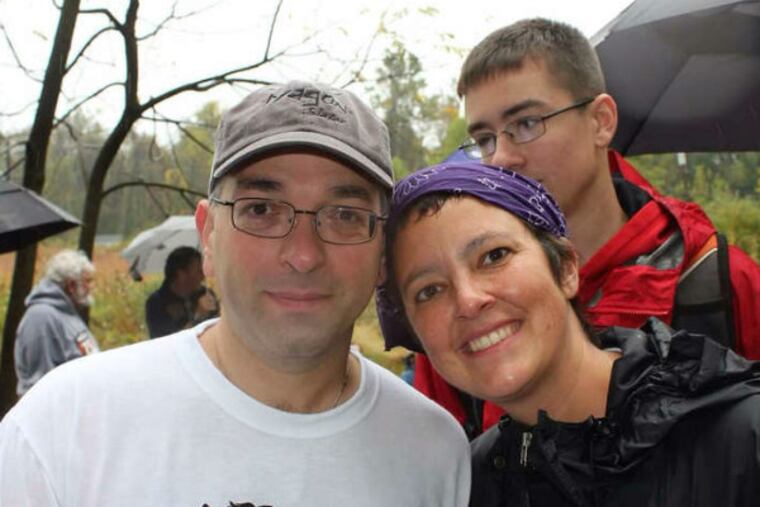GAO to investigate medical device implicated in cancers
The U.S. Government Accountability Office has agreed to investigate why an electric device used in gynecological surgery was marketed for two decades before safety warnings were issued by the Food and Drug Administration.

The U.S. Government Accountability Office has agreed to investigate why an electric device used in gynecological surgery was marketed for two decades before safety warnings were issued by the Food and Drug Administration.
The GAO, which investigates how the government spends tax dollars, sent a confirmatory letter to U.S. Rep Mike Fitzpatrick (R, Pa). He and 11 other members of Congress requested the probe last month.
"GAO accepts your request as work that is within the scope of its authority," said the Sept. 1 letter, signed by GAO managing director Katherine Siggerud.
The tissue-slicing device, called a power morcellator, enables hysterectomies to be done through small rather than large abdominal incisions, but it can also spread and worsen an undetected uterine cancer.
Anesthesiologist Amy Reed suffered that horrible outcome following a hysterectomy at a Boston hospital in 2013. Since then, she and her husband, heart surgeon Hooman Noorchashm, have been campaigning for a ban on electric morcellators.
Noorchashm and Reed, who was recently treated for a second recurrence of her aggressive cancer, now live with their six children in the Philadelphia area.
"There's a lot of sugar-coating going on by industry and the FDA," Noorchashm said Friday. "I hope the GAO stands independent" as it investigates.
Fitzpatrick emailed: "I am glad the GAO has agreed to take up this investigation. What happened with the power morcellator should never happen again."
An FDA safety review of power morcellators, prompted by the push for a ban, concluded that up to one in 350 women undergoing hysterectomy with the device might have a hidden cancer - not the one in 10,000 risk that gynecologists cited after the device came on the market in 1993.
The FDA review led hospitals and insurers to sharply curtail use of the device.
215-854-2720
@repopter